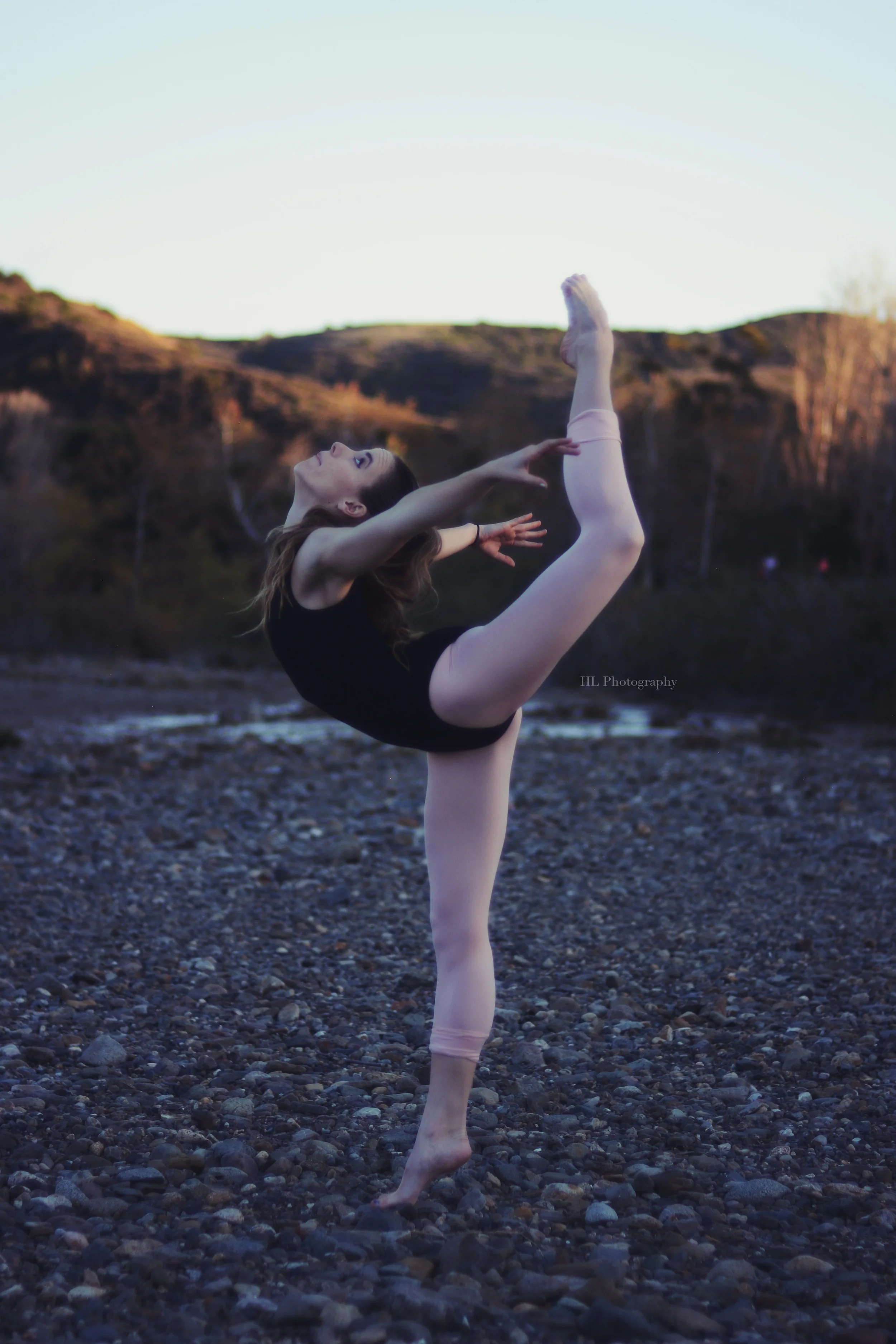"Well, if you didn't have any change, you could always call collect," I said.
"Call collect? What's that?"
"It means you'd dial 0 for the operator and then—"
"Wait. What's an operator?"
I stared at him. It was hard to believe we were having this conversation. When I was his age, I'd never have guessed pay phones were so near becoming obsolete that my own kids wouldn't know what they were. Technology couldn't move that fast, right? Ha. These days my idea of an "old" phone is the iPhone 5.
This troubles me.
I feel like I've lost something significant in these past few years. I feel like I've lost my real life. Or maybe I've just lost my ability to be present in it.
In the heady, early days of blogging, tweeting and smart phones, everything seemed possible. The fact that we could instantly communicate with people all over the world—it just blew our minds. We called ourselves Early Adopters. We were proud of ourselves, of the Internet, of being the lucky generation to experience this brave new world.
I mean, it was pretty incredible. I'll never forget how I felt holding my first iPhone.
It was magical. All my email accounts: available immediately. All those amazing apps: instant life-changers. FINALLY, I would hit my fitness goals because of this thing called a couch-to-5k-app.
And blogging. Ohhhhhhh, blogging. How I loved you! How I still love you!
But then something happened: I started writing books and found myself unable to concentrate for extended periods of time. When I sat down to write, my sentences were 140 characters and my chapters were, like, 500 words. Max. I was THINKING IN TWEETS.
Over and over my editor would say: "This is a great idea, develop it more." Develop what more? A punchy little opinion wasn't enough?
So, I tried developing my ideas. But I kept tapping out at 500 words. Yikes. Was I losing my ability to write long-form? Had I lost the capacity to engage a deep, extensive thought process because I'd been spending too much time on social media?
Book writing was much different than blogging, not to mention blasting out pithy little tweets.
But I couldn't imagine living without my iPhone, my Twitter, my Facebook, my blog—they seemed indispensable. A new blog comment pinging my inbox totally derailed my train of thought. The ring-tones attached to Twitter replies and FB notifications endlessly distracted me. I began feeling anxious when I didn't have my iPhone on me. I needed it.
Still, I didn't think anything was really wrong with—wasn't everyone addicted to their iPhones?— until one night I witnessed someone else's unhealthy attachment to their phone.
I was throwing a dinner party and had cleaned the house, prepared a meal and set the table just so. My friends arrived one-by-one and we exchanged hugs and greetings— except for the woman who walked in the door looking at her iPhone. She glanced up, said, "Oh, hi!" and gave us all a distracted side-hug while still looking at her phone. Throughout dinner she kept looking at her phone, sometimes chuckling to herself or shaking her head or texting. She dipped in and out of our conversation but it was so awkward that eventually someone joked that our real life dinner party must be boring compared to the one our friend was having with her iPhone.
We all laughed. But it wasn't really funny. And that's when it hit me. I've done that.
I've been the half-present person at a dinner party. I've been the half-present mom at the playground, the half-present friend, the half-present writer. What if distraction was ruining my writing?
What if distraction was ruining my life? Has 24/7 accessibility really improved communication? Are we better listeners now? Are we better employees because our bosses can reach us anytime of day or night? Are our relationships more intimate now that we communicate through texting? When did real-life interaction—not to mention an actual phone call— become inconvenient?
All of this leads me to today. I've been quiet online again. I had to. My second book was in crisis.
It was pretty clear the quality of my writing suffered when I was toggling between book-writing, blogging, FB and Twitter.
At first I thought I just needed more time to write. But no. Even if I had all the time in the world, if I was only half-present, it wouldn't matter.
I didn't need more time in my day. I just needed to use that time more wisely—meaning, I needed to be FULLY PRESENT to book writing when I was book writing. And also, FULLY PRESENT to the rest of my life when I wasn't writing.










